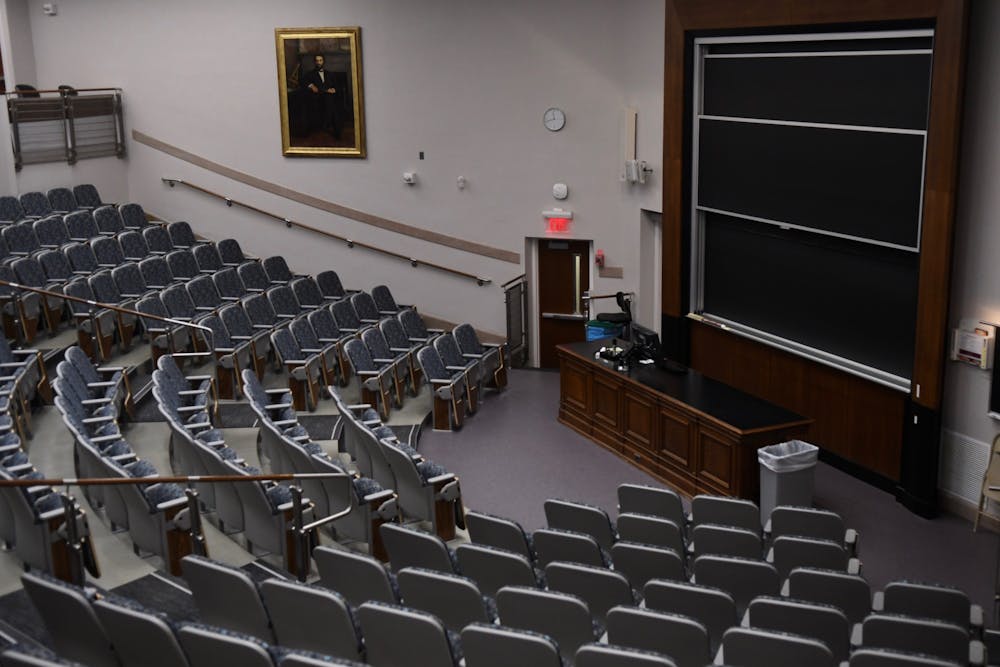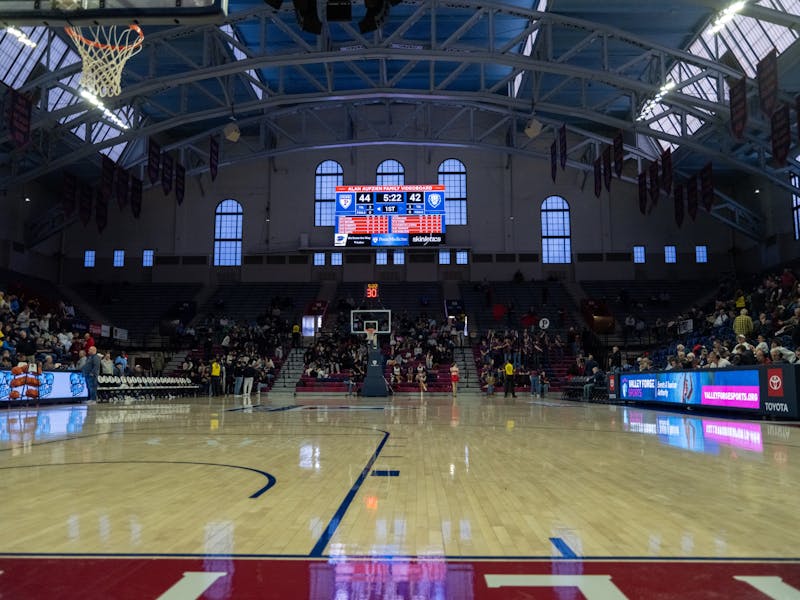
After being given just one week to make the transition from in-person to online instruction in March, many professors have taken advantage of the extra time before the start of summer courses to better prepare for online teaching.
After the University announced on April 1 that summer courses would be online, instructors began to consult with University-provided resources in preparation for the start of summer courses on May 26.
In April, Center for Teaching and Learning Executive Director Bruce Lenthall said, there was a 2000% uptick in staff consulting the center’s website services. He said CTL staff, who provide resources to help faculty "excel in their teaching," have been ensuring instructors get adequate support during the transition to online learning formats.
FNCE 100 Corporate Finance professor Ronel Elul said he attended CTL sessions focused on helping with the technical aspects of online instruction, such as running video conferencing software and facilitating online exams.
To prepare virtual instruction for his traditionally hands-on MEAM 415 Product Design summer class, professor Clay Burns said he consulted with instructors who had taught the class in the spring and also attended workshops, including a one-on-one conversation about planning for virtual instruction. He said one challenge he faced was creating strategies to preserve the student interaction aspect of the virtual course.
Since there was more time to prepare for online instruction compared to the fast-paced transition to virtual instruction in the spring, Burns said he was able to completely re-engineer the syllabus to better fit the challenges posed by online learning. He chose to cut down lecture time, preserve synchronous sessions for student interaction, integrate interactive Canvas assignments, and add an asynchronous portion to the course that included prerecorded workshop-like videos to teach skills such as sketching.
Like Burns, Elul pursued a similar strategy of ensuring that synchronous sessions would preserve peer interactions and application of course content.
Lenthall noted that instructors already had a long-standing desire to use class time for structured activities, and preserve time outside of class for independent preparation, like in Structured, Active, In-class Learning (SAIL) classes. Lenthall added that the online learning environment has likely accelerated the movement towards the SAIL model, which involves using in-class time for student interaction.
After finding strong student-teacher engagement levels in the first week, ACCT 101 Acct and Financial Report professor Kevin Chen said he realized polls about class material were an efficient way of encouraging student interaction and ensuring that students understood the material.
As for classes that traditionally require an in-person presence, such as lab and studio classes, Lenthall said he has seen significant effort and creativity from the instructors.
Lenthall added that for the summer, many faculty sent their students lab kits and planned live lab sessions where professors would stream themselves performing lab activities with guidance from the students.
In studio classes such as MEAM 415, Burns gave students more flexibility in designing their end product by allowing them to build in a virtual setting, such as creating an app or other software. Burns also said he created groups that sought to address students’ varying skill levels and access to equipment and technology.
For the fall, Lenthall said, CTL is constantly adjusting the resources available for faculty and graduate students as Penn's summer faculty provide feedback. He added that the resources available in the spring were mainly geared towards facilitating the fast transition to online instruction, while the resources currently being introduced are focused on teaching staff how to deliberately plan for their courses over a longer time period.
From June 1 until late July, CTL is allowing instructors to sign up for a Canvas course that seeks to guide faculty in designing online courses. Lenthall said about 240 instructors have already signed up for the course.
While online learning will continue through the summer and possibly into the fall, Professors Elul and Burns said there is still a need for in-person instruction.
“Everything that has happened affirms how precious residential education is,” Lenthall said.
The Daily Pennsylvanian is an independent, student-run newspaper. Please consider making a donation to support the coverage that shapes the University. Your generosity ensures a future of strong journalism at Penn.
Donate







